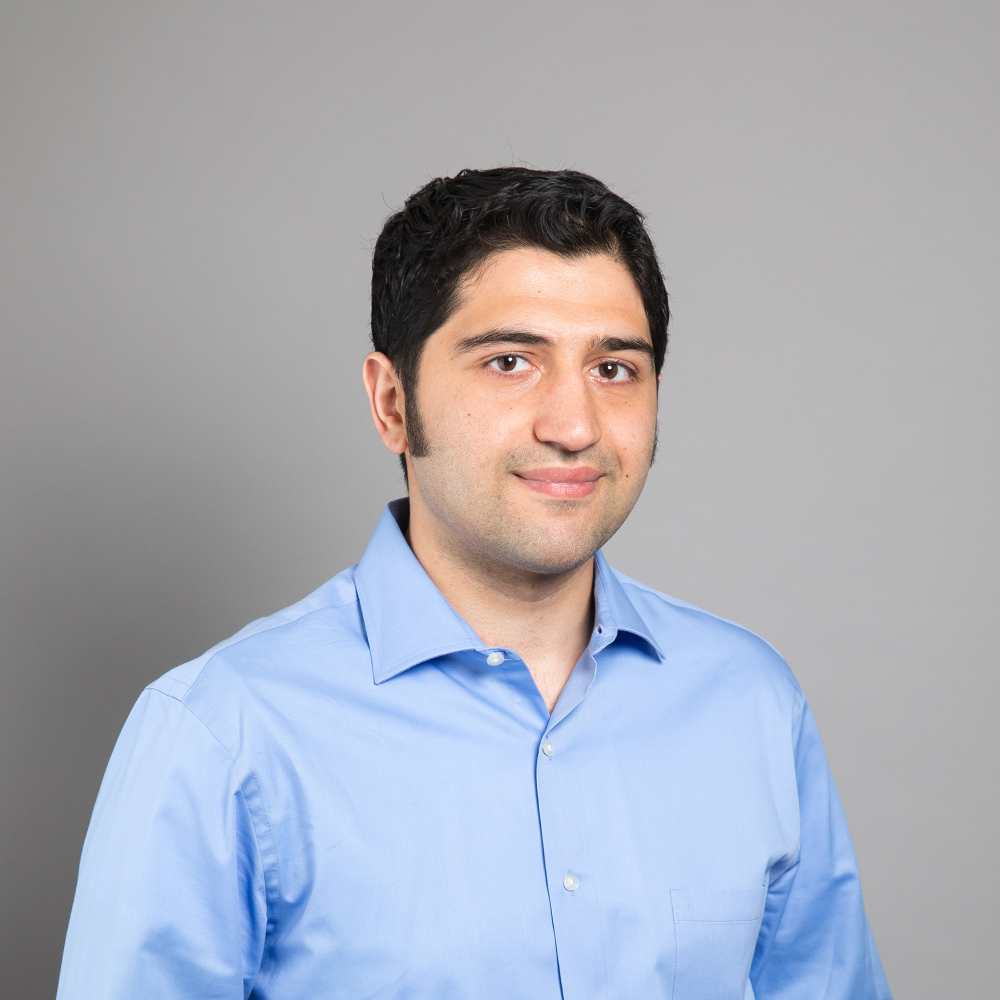
You’ve worked in investment banking and M&A, now you’re on the restructuring side – What skills translate well from one side to the other?
At the junior level, the skill set for both M&A and restructuring is largely execution-oriented: comfortably distilling complex ideas and considerations into easy-to-digest content for your audience (in the form of financial models and presentations), anticipating likely obstacles, understanding the independent standards supporting your client’s position, building consensus among various constituents and stakeholders, etc. Often in restructuring, your client is depending heavily on your advice and the stakes are high for equity holders, creditors, vendors, employees, and other stakeholders. Being thorough, mature, dependable, and humble goes a long way. Taking pride in the accuracy of your work product builds credibility. More importantly, it is imperative to be kind, understanding, and considerate towards members of your team and fellow collaborators.
The pandemic has thrown most companies for a loop over the past twenty months. What is a key takeaway you can share based on the work you’ve been doing for CMA?
On the P&L and operational side of the equation, middle market borrowers across a variety of industries are facing supply shortages, delays of projects involving long term capital spending, fluctuating demand factors, and tighter labor markets. In some industries, the pandemic’s impact on operations has induced seismic, fulcrum shifts in valuations, which have further intensified capital structure pressures. Albeit my viewpoint may contain inherent bias, I feel that one should engage a trusted and experienced advisor as soon as reasonably possible, regardless of one’s position within the capital stack.
What career advice would you give to your college student self?
Take advantage of the opportunity to explore different career paths through internships, corporate programs, and campus societies. I didn’t start my career in the restructuring business and, as a student, I probably didn’t give it enough consideration. A prevalent ‘herd mentality’ has existed among undergraduates seeking investment banking and consulting jobs. Take a step back and think about your natural talents and character attributes. Don’t sell yourself short.
It’s interesting that you’ve studied both Art History and Finance. Two completely different subjects. Can you tell us about your journey and what drew your interest to Art?
NYU has a strong arts program, and I don’t regret taking advantage of the incredible resources and access made available to students. I studied art history, theory, curation, and sculpture. Having been raised around NYC, I had previously spent a lot of time in the world’s greatest galleries and museums, including the MOMA, MET, Guggenheim, and Whitney. Exploring my favorite exhibits as an undergraduate proved refreshing and intellectually stimulating. Among my favorites are works by Wassily Kandinsky, Camille Pissarro, Francisco Goya, Caspar David Friedrich, and Edward Hopper.
How did you make the jump from Art to Finance?
I had a roommate who was recruiting for investment banking, and I explored a couple of corporate finance, equity valuation, and investment banking courses at NYU’s undergraduate business school. Finance piqued my interest because it combined quantitative rigor with the practical theory of business administration. Not only could I use it to make sense of the driving forces behind headline deals, but finance directly applied to personal decision-making, including opportunity cost analysis (whether to lease or buy a car, buy or rent a house, pay or borrow for school, etc.) and investing for wealth creation and retirement, to name a few examples. I naturally pursue a thorough and detailed oriented approach to problem solving and, therefore, my personality clicked well with my coursework. I joined the Finance Society and sat on the Executive Committee, helping brainstorm and coordinate on and off campus events with investment banks and alternative investors in NYC. During my time at NYU, I took advantage of living in NYC and landed multiple internships at investment banks, merchant banks, and private equity funds, which further reinforced my interest in dealmaking and turnarounds.
Talk a little about your mentoring work with BCNY and the Yale undergraduate students?
Sure. Offering my time and attention to the next generation feels both rewarding and obligatory. The couple of years I spent volunteering as a mentor and after-school mathematics tutor at Boys’ Club of New York’s Harriman Clubhouse in the East Village was edifying for my own academic journey and transition into adulthood. Continuing my quest and passion for sharing knowledge, during my time in Connecticut I volunteered with Yale University undergraduates at the Elmseed Enterprise Fund. The Elmseed Fund promotes local empowerment and sustainable economic self-reliance. I taught Yale undergraduates the foundations of financial accounting, corporate finance, taxation, corporate law, financial modeling, and credit analysis. The students in turn funded and drafted business plans in collaboration with local entrepreneurs and small business owners who otherwise lacked access to the resources necessary to kickstart or expand their businesses. Despite the amount of time and energy personal aspirations consume, I’ve learned that service to others, despite the hardships it may involve, is a fundamental component of a life consisting of meaning and purpose.
